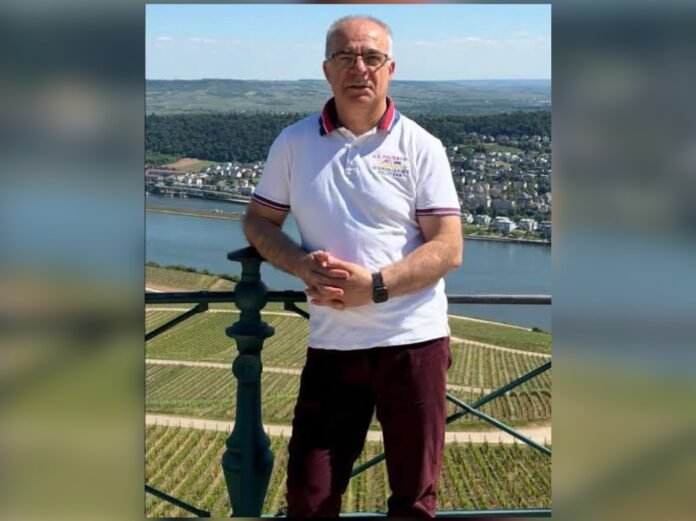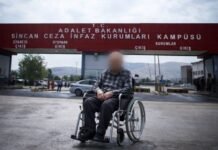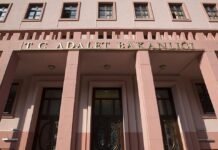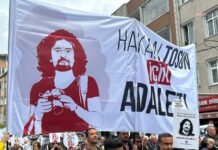The head of a Germany-based cultural association focused on Kurdish and Alevi history says he was denied entry to Turkey and deported after being held for 11 hours at an İstanbul airport, preventing him from attending his father’s funeral in Turkey, Turkish Minute reported, citing the Deutsche Welle (DW) Turkish service.
Ahmet Canpolat, chair of the Dersim Culture and History Center Association in Bochum, told DW Turkish that he was detained at passport control at İstanbul’s Sabiha Gökçen Airport on Friday while traveling with his family to the eastern province of Erzincan for the burial.
Most Turkish expatriates prefer to be buried in Turkey after death.
He said Turkish officials gave no reason for refusing him entry and provided no official documentation before sending him back to Frankfurt.
“I was held like a criminal for 11 hours and then forced onto a plane under police escort,” Canpolat said, adding that police did not allow him to transfer funeral documents or money to his relatives in Erzincan.
Canpolat’s father, Hüseyin Canpolat, who emigrated to Germany in the 1960s, died last week at the age of 91 in Darmstadt. His son said the funeral took place without him.
“It is inhumane to be treated this way in such a deeply human and moral situation, without any justification,” he said.
In a statement released Saturday, the Dersim Culture and History Center said the decision appeared politically motivated, linking it to Canpolat’s involvement in research on the 1937–38 Dersim massacre, a Turkish military campaign in which thousands of Kurdish Alevis were killed.
According to Ruhr University Bochum, which collaborates with the association on historical documentation projects, the Dersim Culture and History Center has conducted more than 400 video interviews since 2010 with survivors and witnesses of the massacres — most in the local Kırmancki and Zazaki languages. Supported by the German government’s commissioner for culture and the media, the ongoing project aims to transcribe, translate and gradually publish around 100 of these interviews, forming the basis for future research and educational and cultural initiatives.
The association said Canpolat had traveled to Tunceli earlier this year with a delegation of scholars, journalists and human rights activists to document massacre sites in Dersim, now known as Tunceli. It said the center is building an archive in Germany to promote the remembrance and historical study of the events.
“It is likely that these academic and cultural activities are the reason why Mr. Canpolat was not allowed to enter Turkey,” the group said. “We strongly condemn this political act as another attempt to suppress critical historical inquiry, remembrance culture and freedom of expression.”
The organization called on the international community to denounce the move and urged the German government to raise the issue with Ankara, saying the incident violated basic human rights, particularly freedom of movement.
Turkish authorities have not commented on the case.
Following a failed coup in July 2016, there have been many instances of the detention or arrest of Turkish expatriates upon their arrival in Turkey due to their social media posts critical of President Recep Tayyip Erdoğan or his government.















